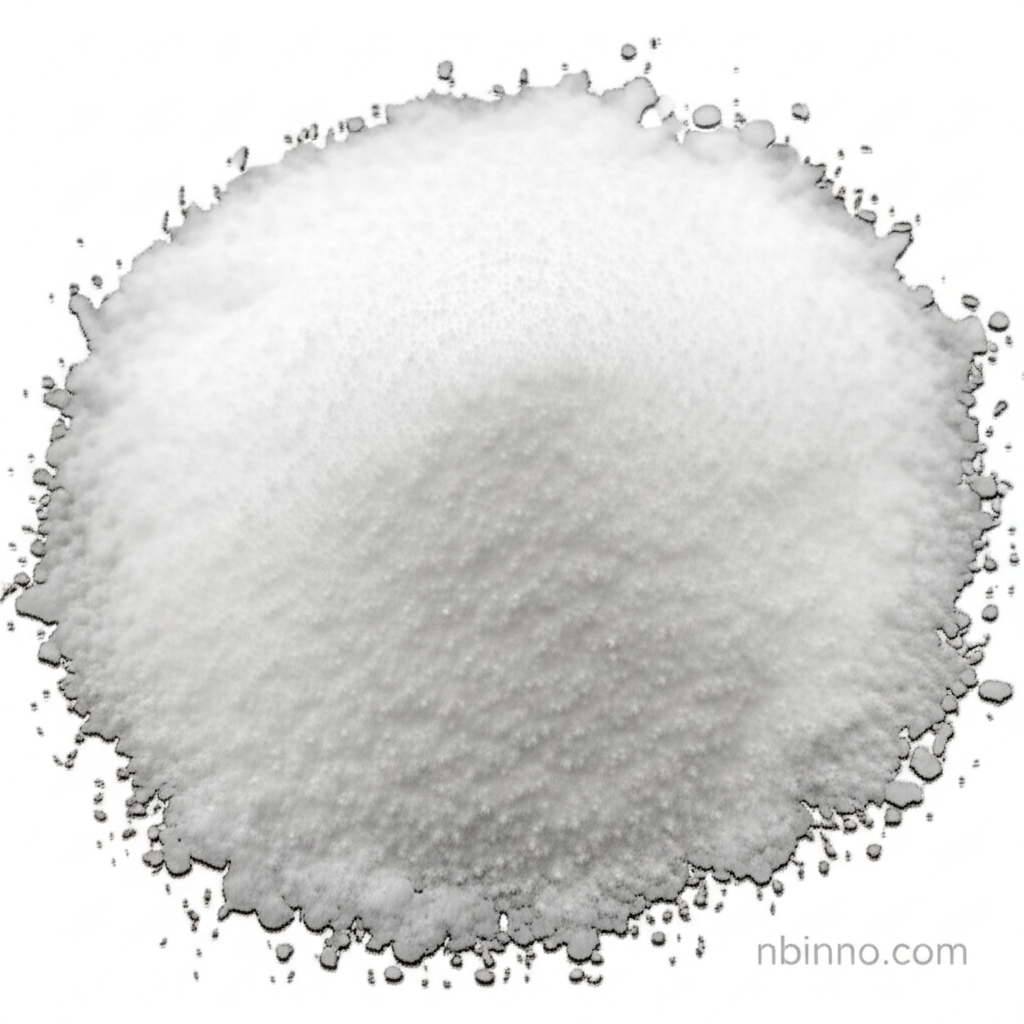Microcrystalline Cellulose: The Versatile Excipient Enhancing Pharmaceutical and Food Formulations
Discover the exceptional properties and diverse applications of Microcrystalline Cellulose across industries.
Get a Quote & SampleProduct Core Value

Microcrystalline Cellulose
Microcrystalline cellulose (MCC) is a vital plant-derived powder renowned for its extensive utility in pharmaceuticals, food production, cosmetics, and animal nutrition. Its unique physicochemical properties, including excellent compressibility, good flowability, and chemical inertness, make it an indispensable excipient for enhancing tablet formulations, improving food textures, and serving various other industrial needs.
- Discover how MCC acts as a crucial binder and disintegrant in tablet formulations, ensuring optimal drug release and bioavailability.
- Explore the manufacturing process of microcrystalline cellulose, typically involving acid hydrolysis of purified cellulose.
- Learn about the various grades of microcrystalline cellulose and their specific applications in direct compression and wet granulation.
- Understand the cost-effectiveness and safety profile of MCC, making it a preferred choice for pharmaceutical and food industries.
Key Advantages of Microcrystalline Cellulose
Enhanced Pharmaceutical Performance
MCC's robust binding and disintegration properties contribute to improved tablet hardness, reduced friability, and consistent drug release profiles, crucial for effective pharmaceutical excipient use.
Versatile Food Applications
In food production, MCC serves as an anti-caking agent, stabilizer, and texture modifier, enhancing the quality and shelf-life of processed food products.
Manufacturing Efficiency
Its excellent flowability and direct compressibility streamline manufacturing processes, reducing production costs and simplifying formulation development.
Key Applications
Pharmaceutical Formulations
MCC is a cornerstone in tablet and capsule manufacturing, serving as a binder, filler, and disintegrant, ensuring consistent dosing and optimal drug bioavailability.
Food Industry
Used as a bulking agent, texture modifier, and stabilizer, MCC enhances the quality and appeal of various processed food products.
Cosmetics and Personal Care
Its properties as an absorbent, anti-caking agent, and texturizer make it valuable in skincare, haircare, and makeup formulations.
Animal Nutrition
Functions as a technological additive in animal feed, acting as an emulsifier, stabilizer, and binder for all species.
